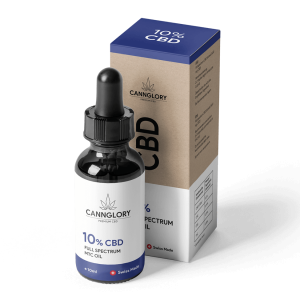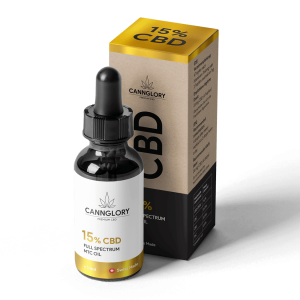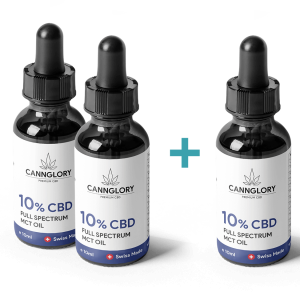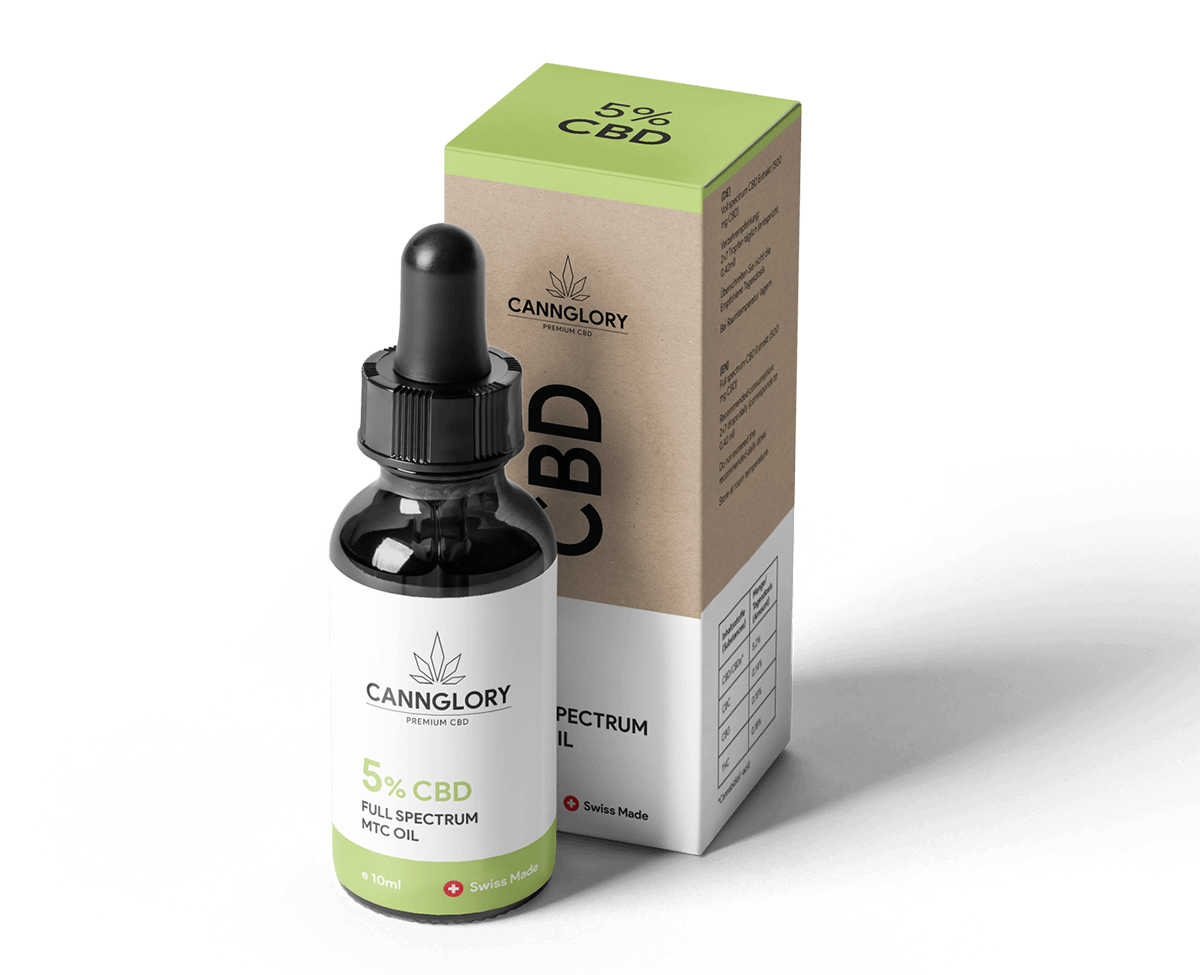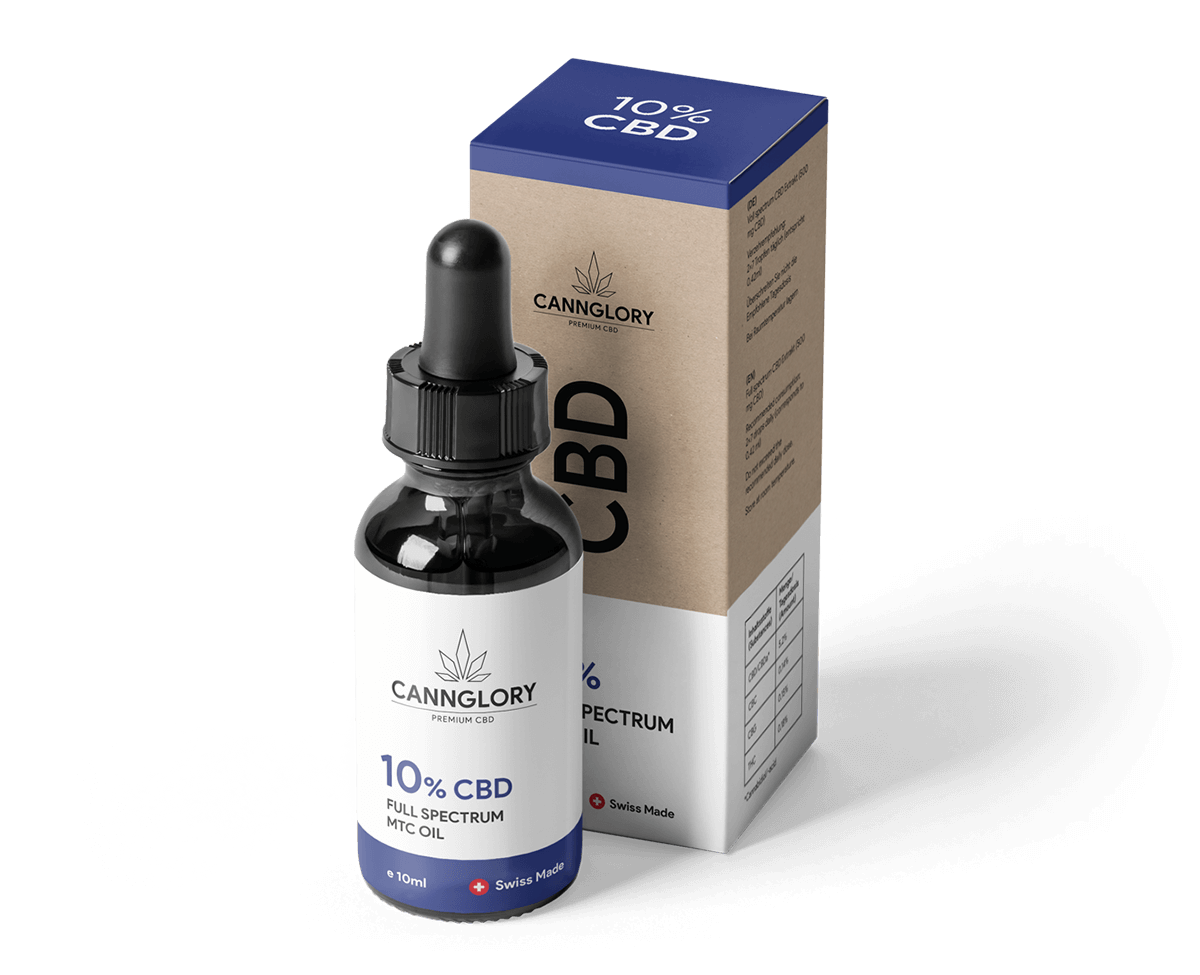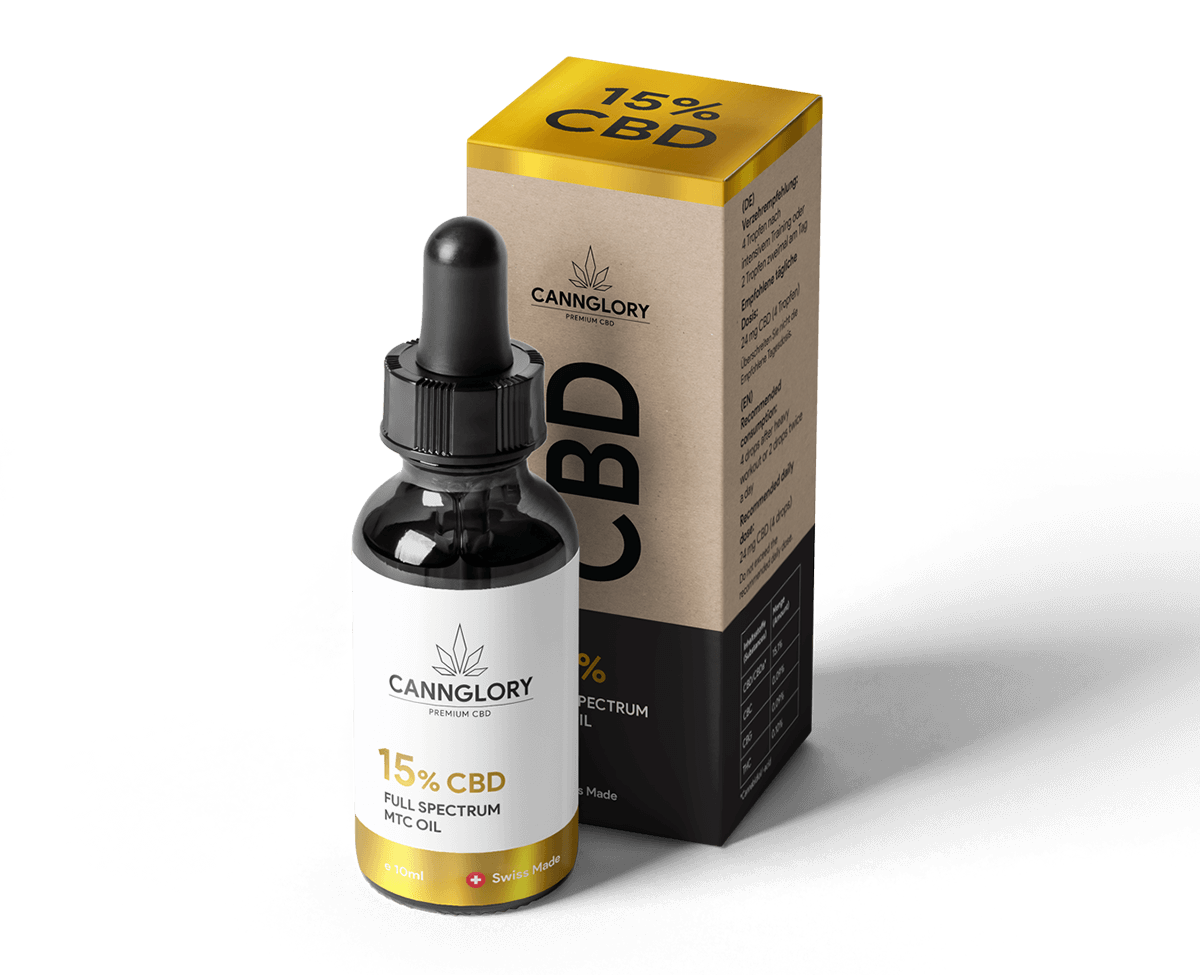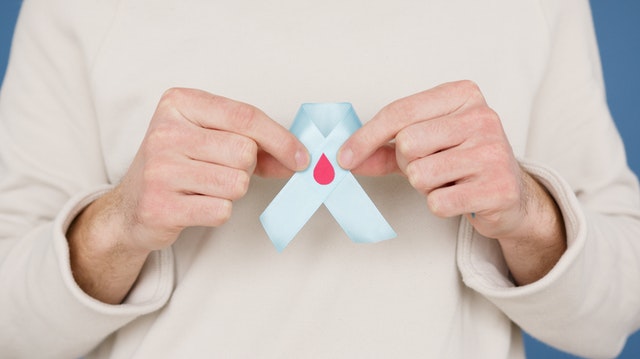
CBD for cancer
- How does CBD help with cancer
- Cannabidiol in chemotherapy
- Cannabis oil for fighting tumors
- Which types of cancer can CBD help with?
- Which CBD products to choose for cancer
- Side effects
- FAQ about CBD
The ability to cure cancer with CBD is one of the most well-known effects of this substance derived from the cannabis plant. In fact, many scientific studies have confirmed the ability of cannabis oil to beat cancer. It can rely on two main functions: addressing the symptoms to treat this insidious disease or stopping or slowing the growth of cancer cells, i.e. effective prevention. Many patients ask, is CBD carcinogenic? Unlike the most common treatment – chemotherapy, no. On the contrary. Cannabis oil to fight tumors can help the body cope with the serious side effects of these drugs, helping you to weaken or completely forget about fatigue, gastrointestinal ailments or other nausea. Cannabidiol during chemotherapy can literally be a redemption. In addition, the effects of cannabis oil in the treatment of lung cancer or terminal cancer are confirmed.
How does CBD help with cancer
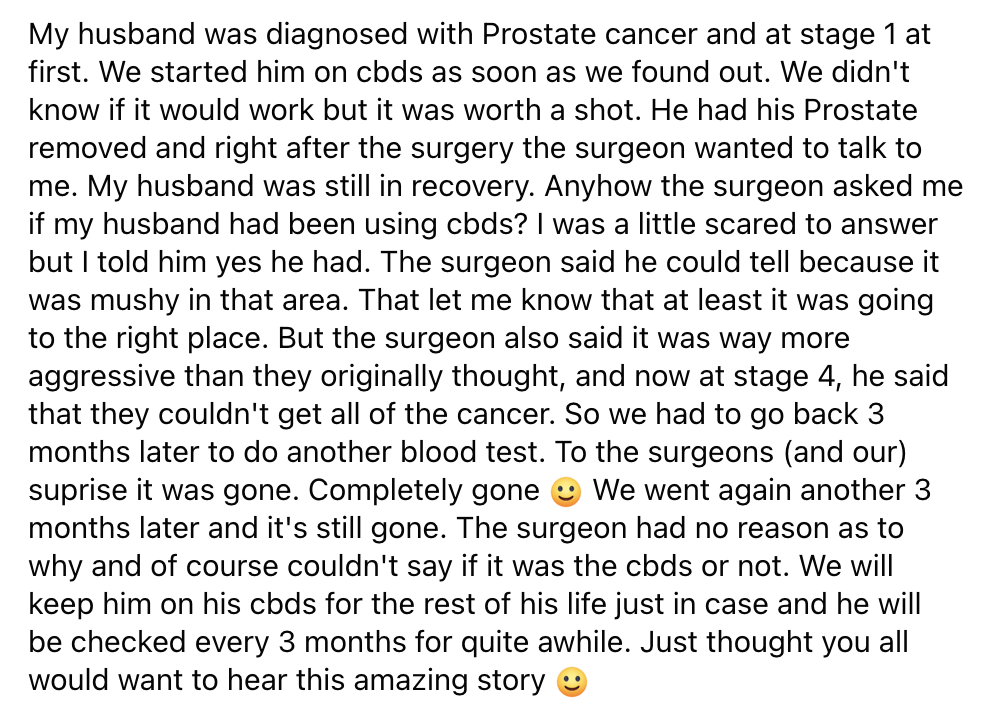
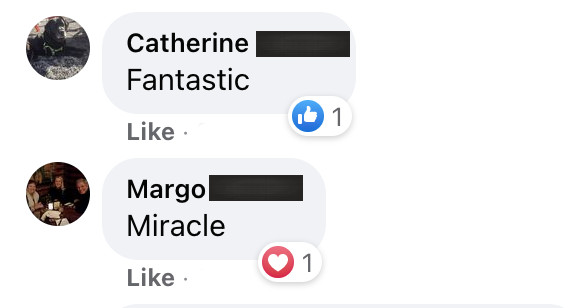


In 2013, a study was conducted on the ability to cure cancer with CBD. Specifically, it involved the reporting of antiproliferative and proapoptotic effects of a non-psychoactive plant cannabinoid in multiple tumor types. The results showed anti-invasive, anti-metastatic or anti-migratory properties of the substance. Thus, they have provided evidence to the general public that CBD can be classified as a potent inhibitor of cancerous growth. Another important fact is that the anti-cancer effects of cannabinoids are selective for cancer cells because they do not affect cell lines.
Another 2010 study looked at the impact of CBD on cancer cells. It concludes that research has shown an innovative mechanism underlying the anti-invasive effect of cannabidiol, which is the basis for its use as a therapeutic option for highly invasive tumors. The treatment of children was in turn evaluated in a 2016 study. This concerned the defeat of neuroblastoma (NBL), which is one of the most frequently discovered cancers in the first years of life. The results demonstrated an antitumorigenic effect of the substance on NBL cells. As it is not a psychoactive cannabinoid, it is also suitable for the treatment of neuroblastoma in children due to the absence of side effects.

In 2013, the British Journal of Pharmacology published the results of a study that showed cannabidiol or other plant-derived cannabinoids to be essential inhibitors of prostate cancer viability. Breast cancer was addressed by researchers in 2011. In this research, CBD boasted the ability to inhibit human breast cancer cell proliferation and invasion via reactive oxygen species and via the differential modulation of extracellular signal-regulated kinase pathways.
Cannabidiol in chemotherapy
Cannabidiol in chemotherapy has been looked at by scientists led by renowned Professor Alexander Binshtok in Israel. The Plain Plasticity research group from Jerusalem (Pain Plasticity) has developed a method that delivers chemotherapy drugs directly to malignant cells, leaving healthy ones completely untouched. This is a breakthrough use of CBD that achieves a much calmer chemotherapy course and a significant reduction in side effects.
As the Israeli professor said, many cancer treatments are not specific enough, and healthy cells pay the price. Such protection of cells while destroying malignant ones brings suffering to patients. In the journal Frontiers in Pharmacology, he went even further in explaining why cannabinoids are appropriate for nausea. Using CBD, they were able, along with another agent, to activate the TRPV2 protein to open channels inside cell membranes in liver cancer. They then infused a low dose of doxorubicin (a chemotherapy drug) into the cancer-infected cells. In this way, they were able to significantly improve the killing of diseased cells and, because of the combination with CBD, to reduce the dose of chemotherapeutic drugs.
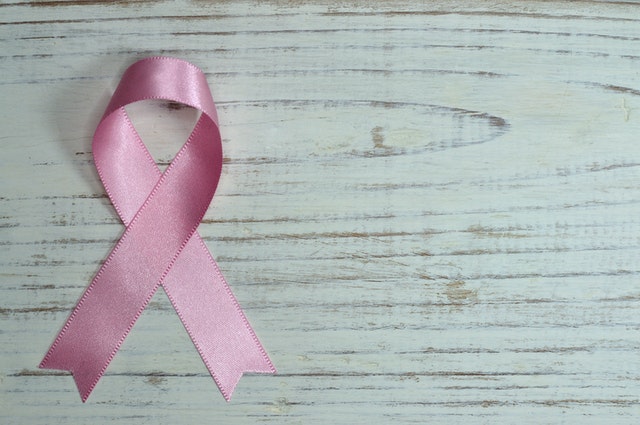
Side effects of chemotherapy
But let’s look at this substance’s help with the specific side effects of chemotherapy. In this case, it is built on the interaction with the endocannabinoid system. The pain is very unpleasant, with which the body gives a signal that something bad is happening in it. CBD will affect the receptors in the brain and prevent it from sending out signals about it at such a pronounced strength. But often the mental suffering is worse than the physical. Using CBD oil will affect the chemical processes in the brain and suppress depressive symptoms. These preparations make the process of serotonin production more efficient and therefore their effects are similar to chemical antidepressants. However, these are not recommended during chemotherapy as the body is supposed to focus on fighting the cancer.
-
CBD Oil 10% Full SpectrumProduct on sale39,90 €
-
CBD Oil 15% Full SpectrumProduct on sale54,90 €
-
2+1 Free CBD Oil 10% Full SpectrumProduct on sale79,80 €
The most common symptom is nausea associated with vomiting. The body becomes exhausted and loses much needed minerals, vitamins or other essential nutrients. CBD also works here by regulating the amount of serotonin, which is a major neurotransmitter, relieving the urge to vomit and even improving appetite. The stressful period of treatment will be improved by CBD by shutting down the receptors in the brain that trigger panic attacks and stress in general. The latter is not appropriate in this busy period of life, as it worsens the immunological responses of the body and, in addition, negatively affects the cardiovascular system.
Cannabis oil for fighting tumors
For about 20 years, scientists have also turned their attention to studies that could stop or suppress the proliferation of cancer cells. Cannabis oil to fight tumors is rightly considered the future of medicine. However, it should be added that these abilities are already being used today.
In 2010, research at Rostock University proved the ability of cannabidiol to trigger a kind of suicide mechanism in tumor cells and defend against the spread of metastases throughout the body. At the same time, it also reduces the presence of the PAI-1 molecule in the blood, which promotes the growth of tumors and its vascular supply.
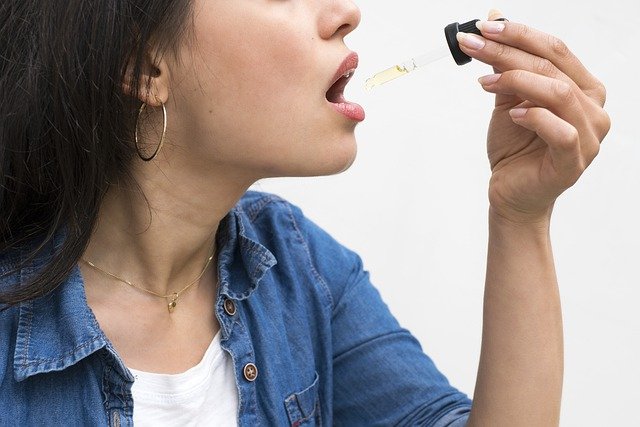
Cannabidiol is also a great weapon in the suppression of melanomas, which occur in skin cancer. A 2018 study compared its effectiveness against cisplatin, which is among the common chemotherapy drugs for skin cancer. It has very unpleasant side effects, causing nervous disorders, stomach problems and strains the kidneys. As part of the research, mice were injected with CBD (5.g per 1 kg of weight twice a week) and another group with the aforementioned drug. Those who took cannabidiol ended up having a much higher quality of life. This is also the reason why it is possible to combine these two drugs, as they do not contradict each other in the body, but in this way the side effects of chemotherapy are suppressed.
Which types of cancer can CBD help with?
In the case of CBD colon cancer treatment, the 2019 researches administered cannabidiol to mice at a concentration of 1 to 5 mg per 1 kg of live weight, which resulted in tumor cell growth and even prevented the lining of the intestine from turning into benign polyps, which are often the first step to tumors being discovered. In addition, it also blocks the formation of new blood vessels, thereby destroying tumor cells. Cannabis oil also cures lung cancer. It is the aforementioned PAI-1 molecule that is most frequently found in elevated amounts in this form of the disease.
Cannabidiol is also successful in limiting cell growth in breast cancer. In this case, it has more effective anti-cancer activity than CBN, CBC, THC and CBG. CBD in breast cancer activates cell death exclusively in damaged cells, while healthy ones remain untouched. The reduction of the spread and formation of metastasis is also proven.
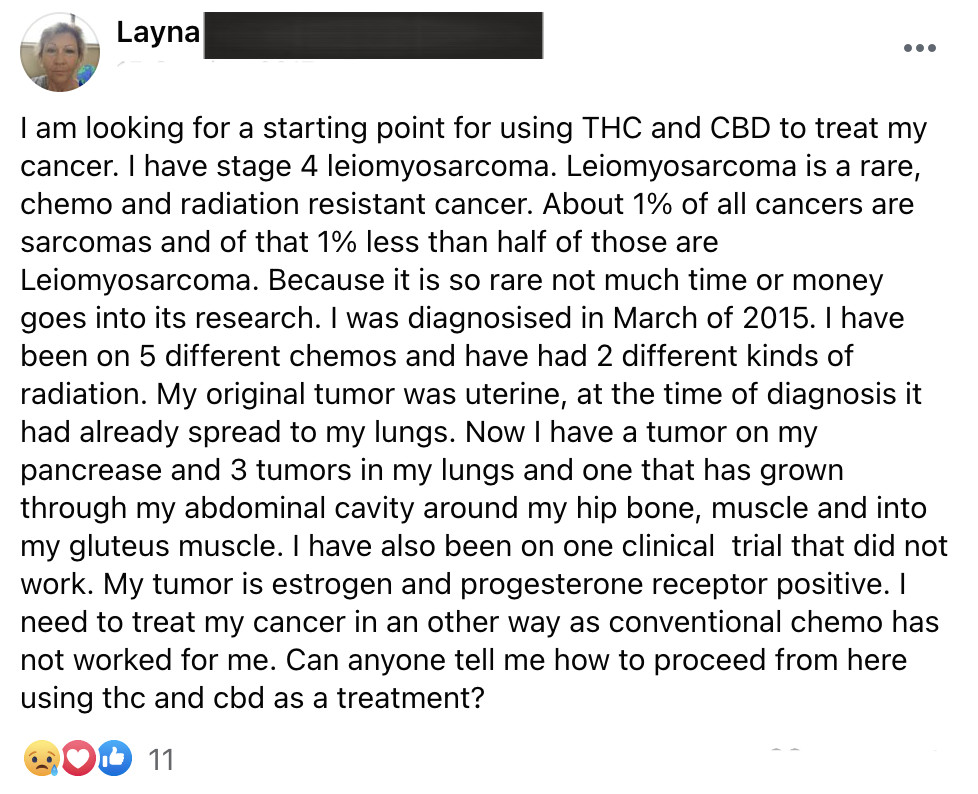

Which CBD products to choose for cancer
CBD products come in many varieties to counteract the side effects of chemotherapy or to aid cancer treatment. According to Dr. Rosario, who discusses the substance in his book Hope and Healing: the Case for Cannabis, in order to overcome insidious diseases, it is advisable to use inhalation, creams or patches, for example. Vaginal or rectal suppositories have also achieved excellent effects. CBD cannabidiol drops, however, bring about an extremely rapid onset of the substance’s effects, which the patient will feel for up to 8 hours. These are therefore suitable for the acute adverse effects and severe unpleasant conditions a person is trying to suppress as quickly as possible. CBD capsules are discreet. CBD oil and the other products mentioned above do not have side effects and cannot be overdosed.
Side effects
Due to the lack of completed clinical trials of CBD, it is impossible to claim that CBD has no serious side effects.
Some of the minor side effects that can occur while taking CBD products are:
- dry mouth
- low blood pressure
- light headedness
- drowsiness

